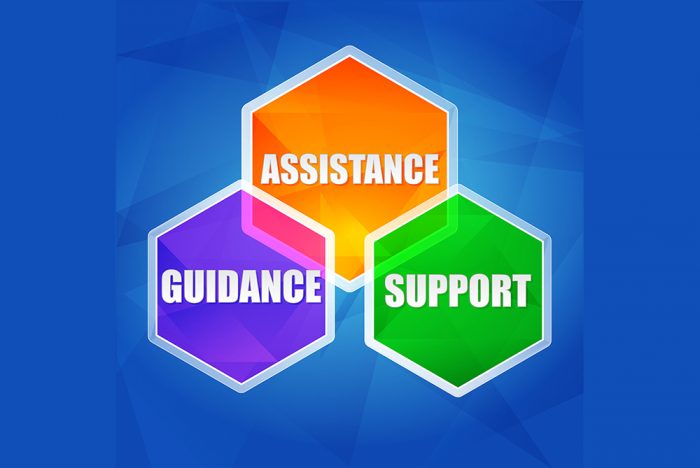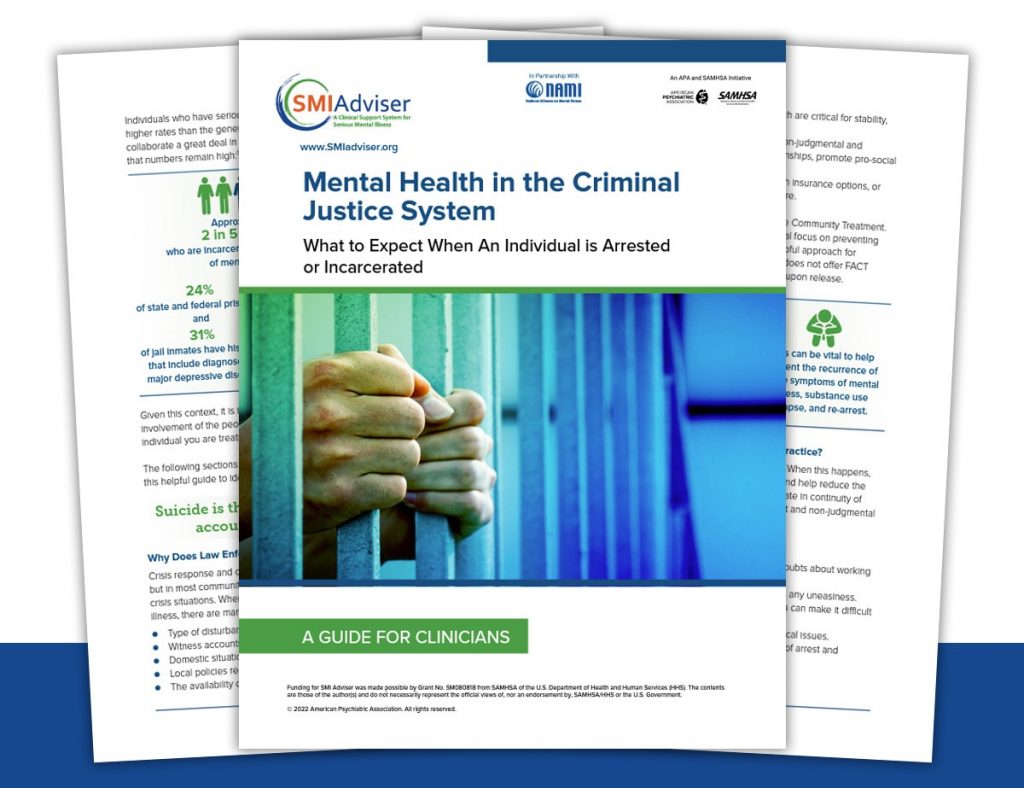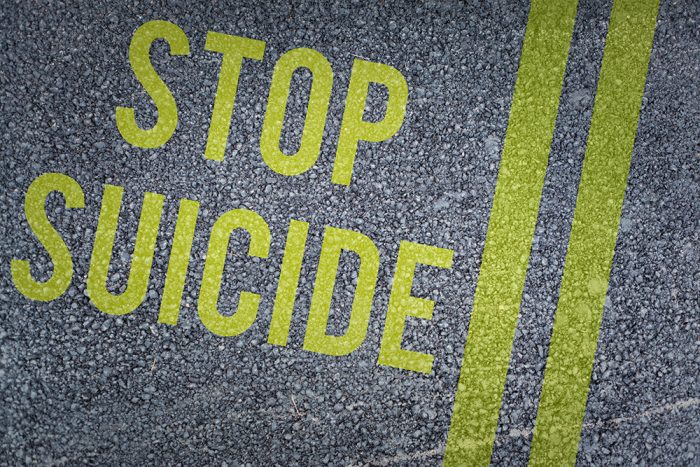NEW EDITION!
Includes 32 NEW Funding Resources for Assistive Technology
We are excited to announce the publication of the long-awaited second edition of our guide, Funding Your Assistive Technology: A Guide to Funding Resources in Pennsylvania.
Assistive technology (AT) empowers people with disabilities to live more independently, work, and participate in the community. However, one of the obstacles for obtaining AT is finding the money to pay for it.
We wrote this guide to help people with disabilities, older Pennsylvanians, and their families navigate the complex web of funding options for AT devices and services in Pennsylvania so they can acquire the AT they want.
We hope this guide will provide the information you need to fund the AT that will make a difference in your life. Download the guide.
New in this edition:
- 32 new public and private funding resources, with 66 total
- Comparison of saving options: PA ABLE and Special Needs Trusts
- Detailed information on how to access AT through PA waivers
Also included:
- Introduction to AT devices and services
- Questions to consider when choosing your AT
- Steps to create a successful AT funding strategy
In addition to the digital version in English (508-compliant PDF), this funding guide will soon be available in other formats:
- English in print
- Spanish in print
- Spanish digital (508-compliant PDF)
Get on the waiting list to receive one of the upcoming versions. Request a copy here.
About Pennsylvania Assistive Technology Foundation
Pennsylvania Assistive Technology Foundation (PATF), founded in 1998, is a statewide non-profit Community Development Financial Institution (CDFI) and Alternative Financing Program under the Federal Assistive Technology Act.
PATF provides financing opportunities, education, and advocacy for people with disabilities and older Pennsylvanians, helping them to acquire assistive technology devices and services that improve the quality of their lives.
Support PATF.


















